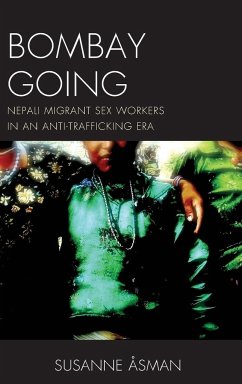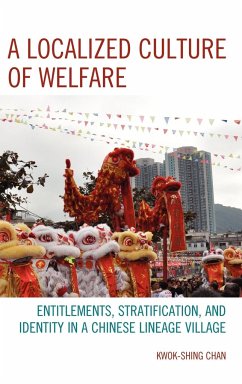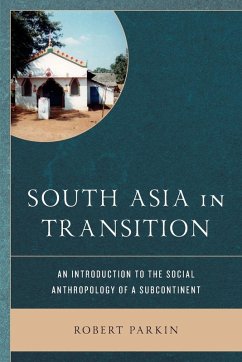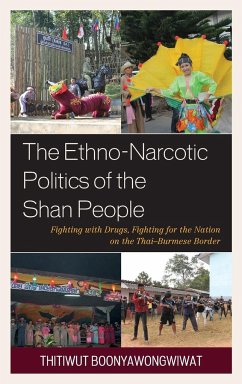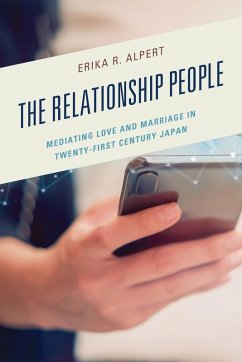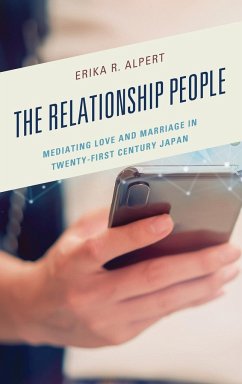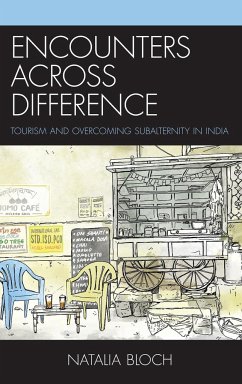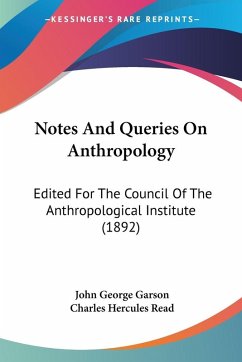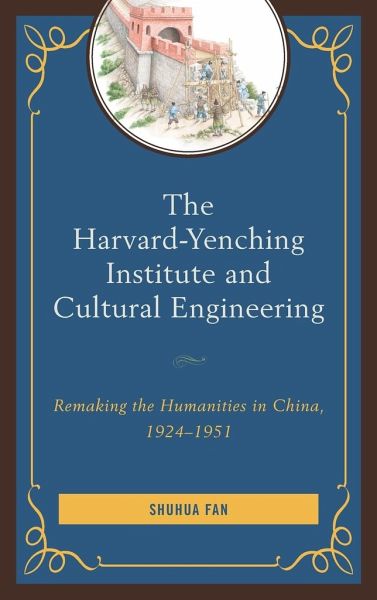
Harvard-Yenching Institute and Cultural Engineering
Remaking the Humanities in China, 1924-1951
Versandkostenfrei!
Versandfertig in 1-2 Wochen
138,99 €
inkl. MwSt.
Weitere Ausgaben:

PAYBACK Punkte
69 °P sammeln!
Through an empirical, multi-archival study of a transnational foundation—the Harvard-Yenching Institute (HYI) from the 1920s to the early 1950s—this book presents the story of transplanting Western/American humanities scholarship into Asia/China and addresses central questions in U.S.-China relations.





